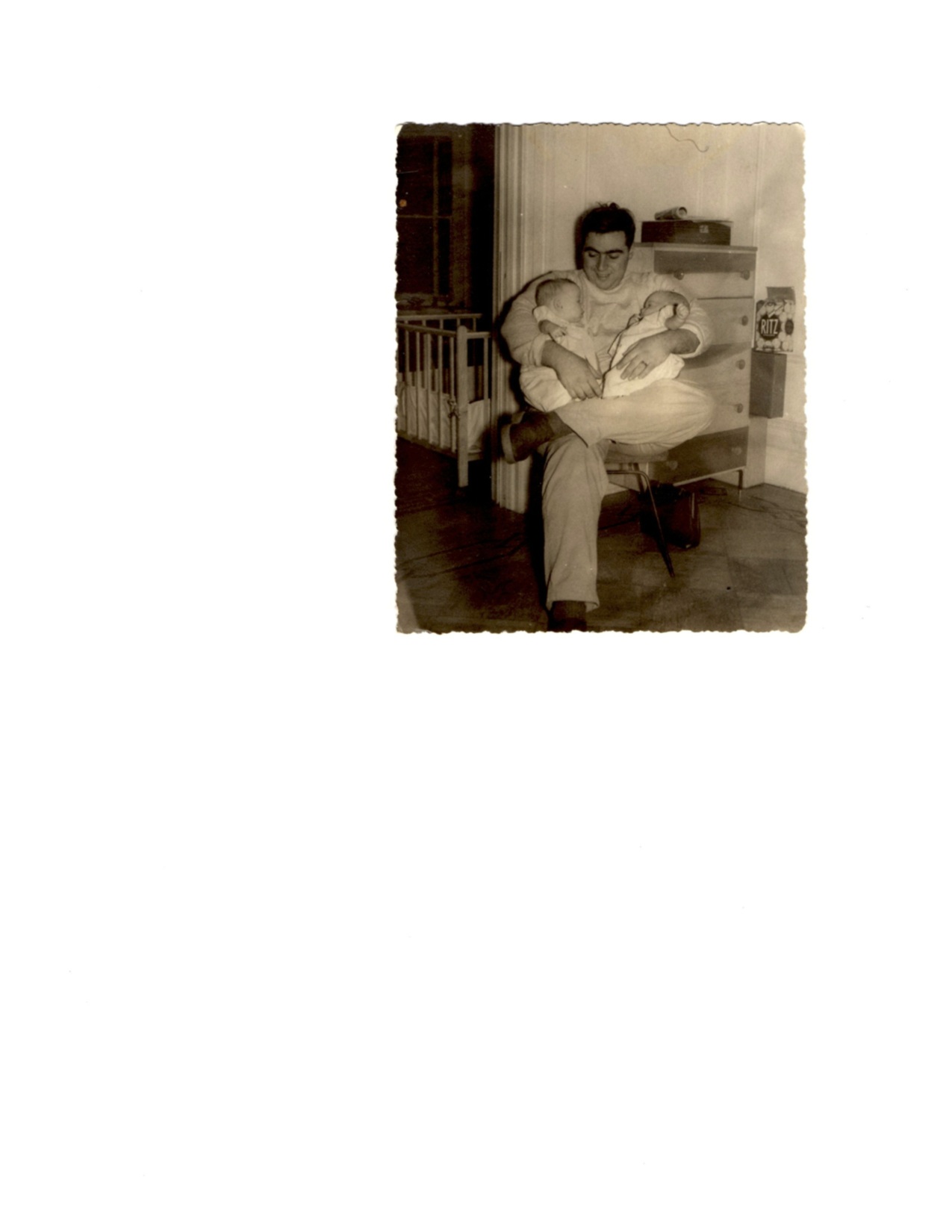MSNBC's Lawrence O'Donnell has pointed out the irony of some of these women hurling phrases like "Man up!" - which run counter to the whole of idea of women running for office.
A series of article in The Nation Magazine addresses the paradox in a number of ways, including blaming feminists for narrowly defining progress in terms of gender alone during the 2008 Democratic primary, dismissing the Mamma Grizzly imagery as a combination of branding and sex appeal to men, blaming the Democratic Party for not supporting their own female candidates, and a kind of bait and switch, in which Democratic losses in 2010 will mean fewer women in Congress over all.
But there's another way of looking at the irony of so many women representing a party whose positions run counter to those of most American women. It has to do with the Tea Party rebellion against government regulation - recast as tyranny - while true government intrusions on issues of privacy (such as reproductive rights) are celebrated.
"Government-bashing, a favorite pastime of many ultraconservative female candidates, goes over much better with men than with women, who are more likely to support an active government role in the economy, education, healthcare and environmental protection. After all, women benefit more from government policies like childcare subsidies and family leave, and they are disproportionately reliant on Social Security to protect them from poverty in old age, so it is only logical that they look askance at politicians of either gender who make careers out of demonizing government ..."
Yet, another way of looking at the relationship between women and government services, is that women give government a break, by providing so many community and family services for free, that would otherwise have to be provided by government. This is the view of feminist writers such as Marilyn Waring, Ann Crittteden, and Martha Albertson Fineman.
Waring has spent decades as a feminist economist, advocating for the inclusion of the work traditionally done by women e.g., child care, food preparation, gathering wood and water to be included in economic models. She argues that if such work "counted," women would be given more credit for their contributions to economic growth.
Ann Crittenden argues that caregivers mostly women pay a huge financial price for taking time out of the paid work force to care for children. Like Waring, she also argues that mothers contribute to the economy through their work, for instance, by preparing the future work force to contribute to the social security rolls.
Fineman argues that the idea of the "autonomous" worker, pulling themselves up by their bootstraps, is a myth, as so many workers rely on an unpaid caregiver at home, to make work possible.
Looked at through the prism of these writers, women's work is the mechanism by communities take care of many of their collective needs. So are governments. By arguing for draconian reductions in various government supports, the Tea Party forces more reliance on the work of women. Who better, then, to deliver that message, than conservative women? Perhaps, in addition to the alleged sex appeal of a Palin or an O'Donnell, the message to Republican men is: "Don't worry, we'll handle it."
The government-bashing message of Tea Party Republicans comes at a particularly unfortunate time, of course, with economic times being so bad. But it also comes at a time when more and more women will be called upon to be caregivers, as the baby boom generation ages.
Perhaps the opening that Tea Party women are exploiting is not the equation of female gender with women's rights, but the overemphasis of paid work over unpaid work, in the push for women's equality.





